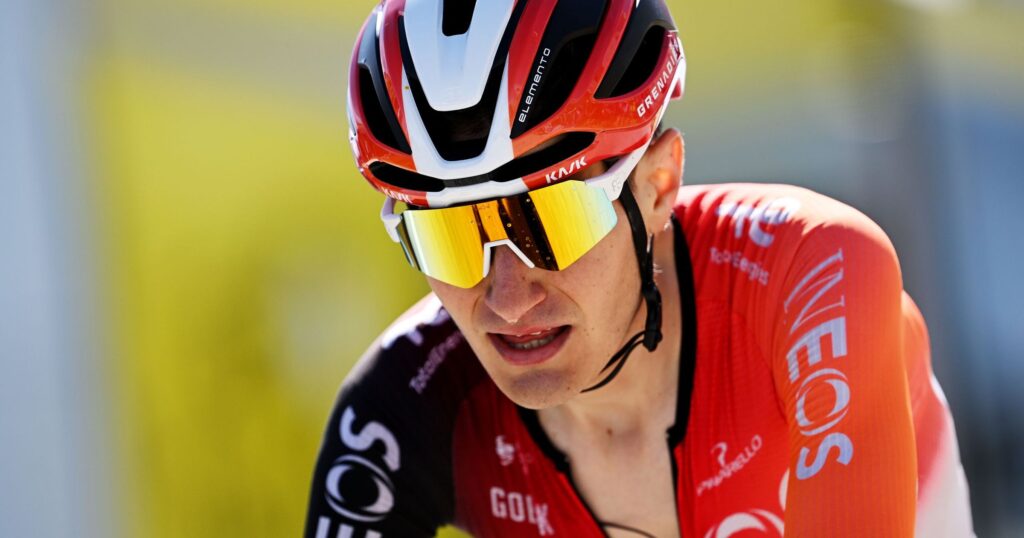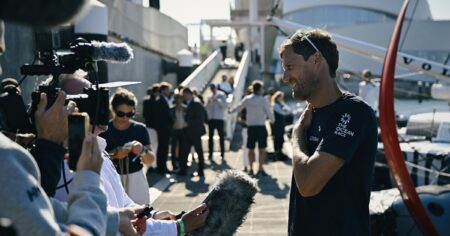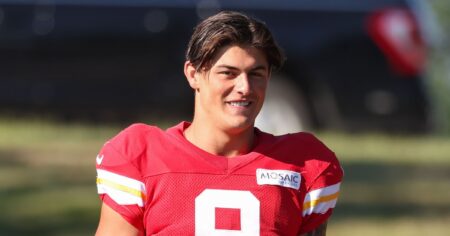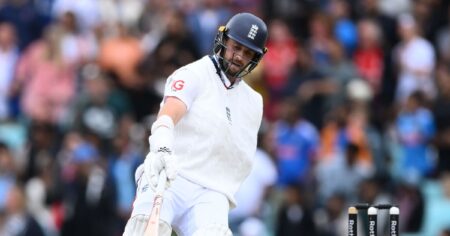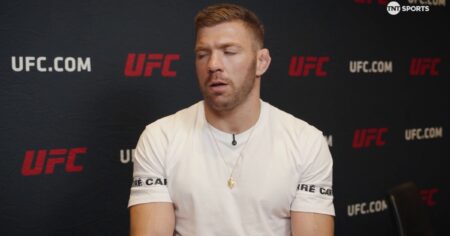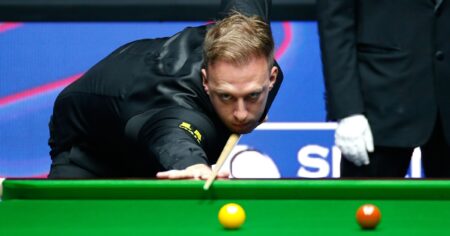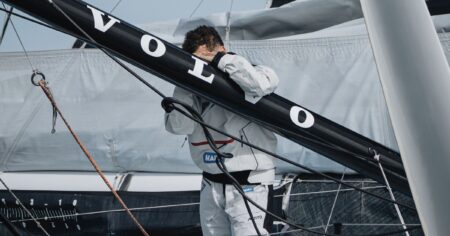Carlos Rodriguez, a prominent cyclist in the Ineos Grenadiers team, has unfortunately withdrawn from the prestigious Tour de France due to a serious injury – a fractured pelvis. This decision has significant implications not only for Rodriguez but also for his team, given that he was their highest-ranked competitor in the race. As of his withdrawal, Rodriguez was positioned tenth in the general classification, trailing the leading rider, Tadej Pogacar, by over twenty minutes.
The Tour de France, renowned for its demanding stages and grueling competition, places immense physical strain on participants, making injuries like Rodriguez’s an unfortunate but not uncommon occurrence. Pelvic fractures can severely limit a cyclist’s ability to perform, and the need for recovery is paramount. As such, the Ineos Grenadiers team had to make the prudent decision to remove Rodriguez from the running to ensure his health and safety, prioritizing his long-term wellbeing over short-term competition.
Rodriguez’s performance up to this point in the Tour de France had showcased both his potential and the hard work put in by not just the athlete himself, but the entire Ineos Grenadiers squad. The team, which has a reputation for its strategic approach to racing, had placed considerable hopes on the young Spaniard, particularly considering his impressive position within the general classification. Being in the top ten is a noteworthy achievement in a race of this magnitude and difficulty, especially when taking into account the fierce competition presented by elite cyclists like Pogacar.
The ramifications of Rodriguez’s exit are far-reaching. Not only does it affect the team’s standings and morale, but it also opens up opportunities and challenges for other riders within the Ineos Grenadiers setup. Coaches and team strategists will need to reassess their approach as they navigate the subsequent stages of the Tour de France, adapting to the current dynamics without one of their key riders.
While this event casts a shadow over the Ineos Grenadiers’ campaign, it also highlights the unpredictable nature of competitive cycling. Injuries can strike at any moment, regardless of how well a rider has prepared for the race. Teams must be agile and quick-thinking to respond to such setbacks, making the sport as much about resilience and strategy as it is about speed and endurance.
For cycling enthusiasts and commentators, Rodriguez’s withdrawal serves as a sobering reminder of the physical risks involved in the sport. Observing elite athletes push their limits can be inspiring, but it is essential to recognize that, behind their extraordinary performances, there is the constant threat of injury that can derail even the most promising careers. The cycling community will undoubtedly wish Rodriguez a smooth recovery so that he can return to racing with vigor in the future.
As the Tour progresses, the focus shifts to other competitors and teams who now have the chance to advance within the ranks. With Pogacar maintaining his lead, attention will turn to how the other cyclists adapt their strategies in response to the evolving scenario of the race. For the Ineos Grenadiers, the loss of Rodriguez is a poignant moment, but it is also a call to regroup and come back stronger, demonstrating that every setback can pave the way for opportunities in the relentless pursuit of excellence in one of cycling’s most prestigious events.
In conclusion, while Carlos Rodriguez’s exit from the Tour de France is a significant disappointment for both him and the Ineos Grenadiers team, it embodies the resilience required in professional cycling. The team now faces the challenge of recalibrating their efforts and showing solidarity in the face of adversity as they continue their journey through the remainder of this legendary race.






